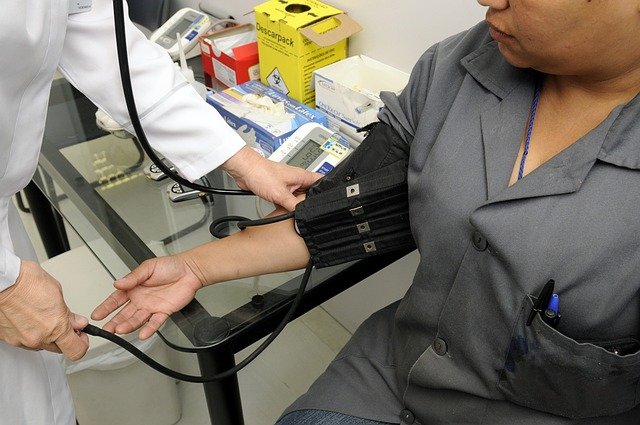Breaking Down the Mysteries of Autophagy: A Biological Fountain of Youth?
The land of cellular biology presents fascinating mysteries, and one such conundrum is autophagy. A self-cleansing process, autophagy plays a vital role in cellular health. But could it hold the key to preventing disease and promoting longevity? Let's delve deeper into this captivating topic.

Autophagy: The Cellular Clean-up Crew
Autophagy, derived from the Greek words “auto” (self) and “phagein” (to eat), is a process where cells break down and recycle their own components. This cellular housekeeping act was first observed in the 1960s by Belgian scientist Christian de Duve, but it wasn’t until the 1990s that its significance began to be fully understood.
Autophagy’s Role in Health and Disease
Scientists have discovered that autophagy plays a central role in preventing diseases such as cancer, neurodegenerative disorders, and infections. When autophagy is impaired, cellular components accumulate, leading to cellular damage and disease. On the other hand, promoting autophagy has been shown to enhance cellular function and resistance to stress, potentially extending lifespan.
The Science of Fasting and Autophagy
One way to stimulate autophagy is through fasting. Research indicates that fasting triggers a survival response, activating autophagy to clean out damaged cells and regenerate new ones. However, the precise relationship between fasting and autophagy is still a subject of ongoing research.
Autophagy: A Double-Edged Sword?
While the benefits of autophagy are clear, it’s also important to understand that it’s a delicate balance. Overactivation of autophagy can lead to cellular self-destruction, contributing to cell death and tissue damage. Thus, while harnessing autophagy for health benefits is promising, it needs to be done under proper guidance and supervision.
Fascinating Facts about Autophagy
-
Autophagy is crucial for the removal of aggregated proteins, a key contributor to neurodegenerative diseases like Alzheimer’s.
-
The 2016 Nobel Prize in Physiology or Medicine was awarded to Yoshinori Ohsumi for his groundbreaking work on the mechanisms of autophagy.
-
Certain types of exercise, like high-intensity interval training (HIIT), may also stimulate autophagy.
The Future of Autophagy in Health and Wellness
The potential of autophagy in promoting health, preventing disease, and extending lifespan is immense. However, more research is needed to fully understand its mechanisms and how best to harness its powers. With ongoing studies, the understanding of autophagy will continue to grow, offering new possibilities in health and wellness.
In conclusion, autophagy is an intriguing biological process with significant implications for health and longevity. The next time you see a scientific article on autophagy, remember: it’s not just about cells eating themselves. It’s about the potential for a longer, healthier life.




